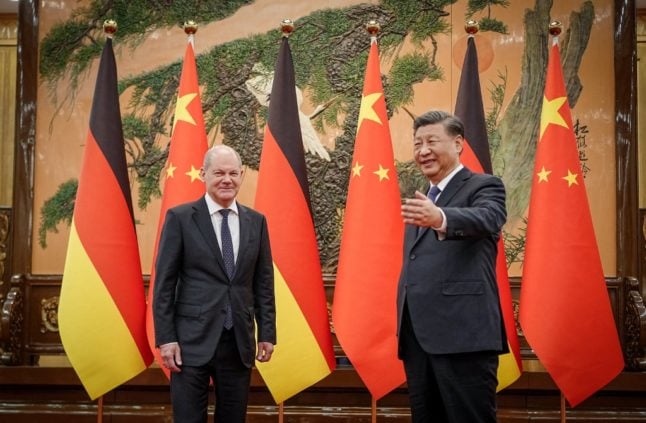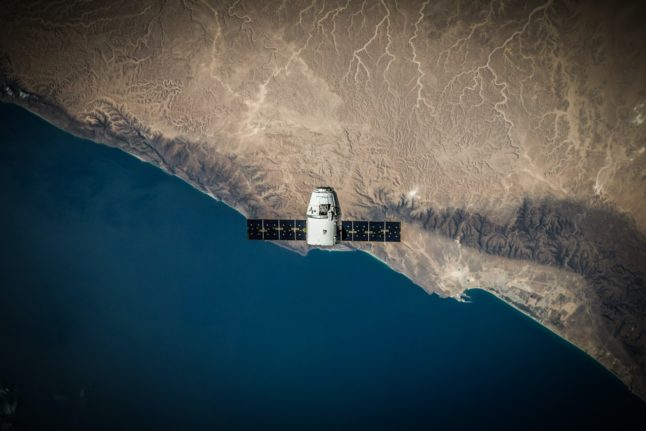German Chancellor Olaf Scholz on Saturday defended a controversial trip to China as “worth it” due to an agreement to oppose the use of nuclear weapons in the war in Ukraine.
Speaking to a meeting of his Social Democrats a day after his 12-hour visit to Beijing, Scholz hailed an accord with Chinese President Xi Jinping that a nuclear escalation of Russia’s invasion of Ukraine must be avoided.
“I think that in light of all the debate about whether it was the right thing to travel there or not — the fact that the Chinese government, the president and I could state that there must not be any nuclear weapons used in this war — for that alone, this trip was worth it,” he said.
Scholz said after talks with Xi on Friday that he had insisted “the Russia war in Ukraine is a dangerous situation for the whole world” and urged Russia’s ally Beijing to use its “influence” on Moscow to avert an escalation and stop the invasion.
“Xi underscored the need for China and Germany, two major countries with great influence, to work together in times of change and instability and contribute more to global peace and development,” Beijing’s Xinhua News Agency reported on Friday.
The White House said this week that repeated discussion by Russian officials of the potential use of nuclear weapons in Ukraine has left Washington worried it could become a reality.
Russia’s foreign ministry responded that the world’s “top priority” should be to avoid a clash of nuclear powers “in the current difficult and turbulent situation.”
The German chancellor was the first G7 leader to visit China since the start of the coronavirus pandemic, which he undertook accompanied by a large business delegation.
The trip prompted criticism in Germany and among European partners over Berlin’s growing economic reliance on Beijing, and sparked controversy for coming so soon after Xi strengthened his hold on power in China just last month.



 Please whitelist us to continue reading.
Please whitelist us to continue reading.
Member comments